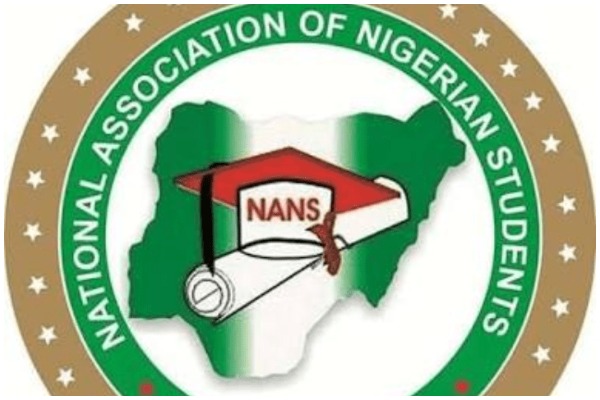
The National Association of Nigerian Students has expressed strong opposition to the proposed electricity tariff of N80,000 per student put forward by the Committee of Vice-Chancellors of Nigerian Universities.
The increase in tariffs is being considered as a response to the escalating electricity costs in the country, which universities claim they can no longer bear without shifting the financial burden onto students.
Professor Yakubu Ochefu, the Secretary-General of the CVCNU, recently disclosed that university students could potentially be required to pay up to N80,000 each to help offset the rising electricity expenses.
Ochefu highlighted that the introduction of the Band A system, along with subsequent hikes in electricity tariffs, has led to a significant increase in monthly electricity bills for universities from the previous N61 million to over N200 million.
In April 2024, the Nigerian Electricity Regulatory Commission raised the electricity tariff for Band A customers from N68/KWh to N225/KWh, representing a massive 300% surge.
Band A customers are those who receive electricity for a minimum of 20 hours per day.
In response to this development, NANS National President Lucky Emonefe, during an interview with NewsNow, firmly opposed the idea of transferring the electricity costs to students.
Emonefe stated, “It is unreasonable. Nigerian students cannot afford such exorbitant fees. While we acknowledge the tariff hikes, students should not bear this burden.”
He emphasized NANS’ commitment to resist any move to escalate electricity tariffs for students across all institutions.
He added, “The increase in electricity tariff is one of the topics we are discussing with the government. It is not the Vice Chancellors’ fault, but we believe the government should reclassify our institutions from Band A to Band B. Nigerian students will not bear that N80,000; we will oppose it.”
The Academic Staff Union of Universities also voiced their concerns, urging for enhanced government funding for universities.
Prof. Emmanuel Osodeke, the ASUU National President, emphasized that increased funding would enable universities to function independently and potentially generate their electricity.
He further explained the importance of adequate funding for universities to explore self-sustaining energy solutions.
He remarked, “There are numerous systemic issues. The funding is insufficient, and under the current circumstances, students cannot bear such costs.”
He continued, “There is no justification for the electricity tariff hike in universities. They should not be charged different rates. Everyone should receive equal electricity, regardless of being in Band A or Band B.”
On the contrary, the Association of Nigerian Electricity Distributors advised universities to adapt to the current reality of increased electricity costs.
Sunday Oduntan, the Executive Director of Research & Advocacy at Discos, mentioned that reverting the tariff hike was not feasible.
Oduntan explained, “This is the reality of our time. If businesses implement it, it is regulated, not by the discos, based on realistic economic conditions. If we ignore production costs, all businesses would collapse, and there would be no electricity.”
